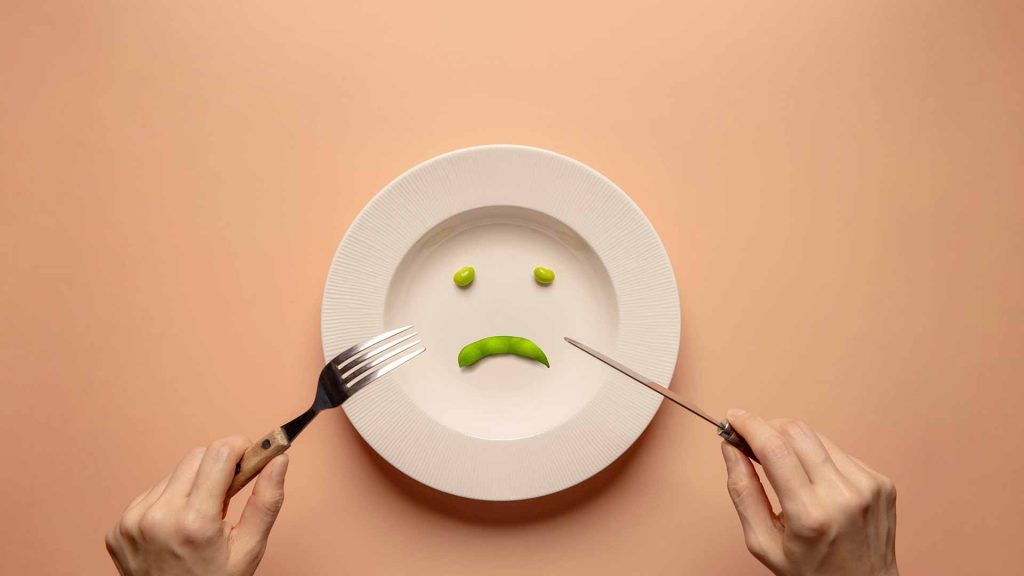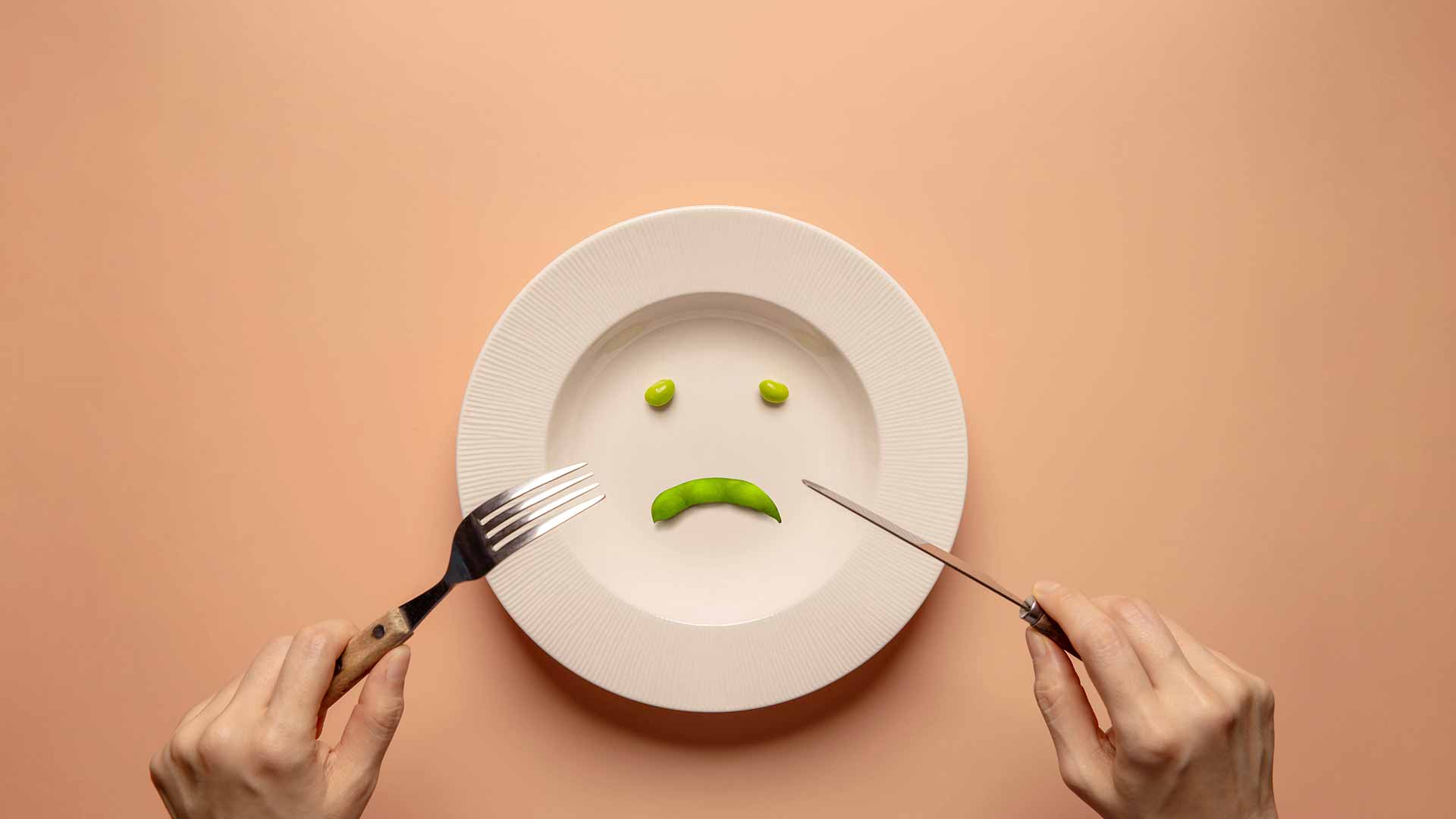“Eating well isn’t just about food—it’s a fight for your whole-body wellness.”
Eating disorders are far more common and dangerous than many realize. Affecting millions worldwide, they impact not only physical health but also emotional and social well-being. This blog dives deep into why eating disorder treatment isn’t something you can tackle alone—and why professional help makes all the difference.

What Is an Eating Disorder?
At its core, an eating disorder is a mental health condition marked by severe disruptions in eating behaviors. Some of the most common types include:
- Anorexia Nervosa: Characterized by extreme calorie restriction and intense fear of gaining weight.
- Bulimia Nervosa: Involves cycles of binge eating followed by purging.
- Binge Eating Disorder: Recurrent episodes of eating large quantities of food without purging behaviors.
According to the National Eating Disorders Association (NEDA), nearly 30 million Americans will struggle with an eating disorder at some point in their lives. These conditions aren’t just passing phases—they can be life-threatening.
Categories of Eating Disorder Impact
Physical Health Consequences
Eating disorders often result in:
- Malnutrition
- Weakened immune system
- Organ damage (particularly heart, kidneys, and gastrointestinal tract)
- Electrolyte imbalances, leading to dangerous conditions like arrhythmias
Mental Health Effects
Beyond the physical, eating disorders deeply affect mental health. Individuals may experience:
- Severe anxiety and depression
- Low self-esteem and body dysmorphia
- Poor sleep patterns
- Social withdrawal and isolation
Social & Daily Life Impact
Whether it’s a high-achieving student or a busy professional, untreated eating disorders can:
- Lead to declining academic or job performance
- Strain personal relationships
- Decrease overall quality of life and life satisfaction
Why Eating Disorder Treatment Requires Professionals
It’s More Than a Behavior Problem
Eating disorders aren’t just about “eating too little” or “overeating.” They are complex, involving:
- Psychological roots: Trauma, perfectionism, and emotional struggles
- Biological factors: Genetics, brain chemistry imbalances
- Social influences: Media, cultural pressure, family dynamics
This multifaceted nature means DIY recovery rarely works. Attempting to manage it alone often results in relapse or worsening symptoms.
The Limits of Self-Treatment
While self-help books or diet adjustments may offer temporary relief, they cannot address underlying causes. Breaking harmful cycles like binge-purge patterns or restrictive eating requires structured interventions.
Without guidance:
- Individuals might substitute one unhealthy behavior with another.
- Nutritional deficiencies could worsen.
- Psychological distress may escalate.
The Advantage of Professional Help
Here’s where professional treatment shines:
- Multidisciplinary Team Support: Doctors monitor physical health, nutritionists rebuild healthy eating habits, and therapists address emotional roots.
- Customized Treatment Plans: No two cases are the same. Tailored approaches cater to each person’s unique triggers and needs.
- Long-Term Recovery Framework: Professional care includes relapse prevention strategies and continuous support systems.
Research consistently shows that individuals receiving specialized treatment have a much higher chance of full recovery (Harvard Health).

Treatment Approaches for Eating Disorders
Effective treatment typically includes:
Psychotherapy
- Cognitive Behavioral Therapy (CBT): Helps reshape negative thought patterns.
- Dialectical Behavior Therapy (DBT): Focuses on emotional regulation and distress tolerance.
Nutritional Counseling
Dietitians work closely with patients to restore nutritional balance, create sustainable meal plans, and repair the relationship with food.
Medication
In cases where anxiety, depression, or obsessive-compulsive tendencies are present, prescribed medication may assist in symptom management.
Support Groups
Connecting with others facing similar challenges fosters emotional support, reduces isolation, and offers valuable coping strategies.
How to Seek Help
Recognize the Symptoms
Watch for red flags such as:
- Extreme calorie counting
- Obsession with body image
- Frequent mood swings
- Disappearing after meals (possible purging behavior)
If you or someone you care about exhibits these signs, it’s time to act.
Find Reliable Resources
Trusted resources include:
- National Eating Disorders Association (NEDA) Helpline: https://www.nationaleatingdisorders.org/help-support/contact-helpline
- Local mental health professionals specializing in eating disorders
- Online therapy platforms and recovery communities
Support Loved Ones
Encourage open conversations without judgment. Offer emotional support and gently suggest professional intervention.
Conclusion
Eating disorders are not phases—they’re serious health conditions needing expert attention. Professional treatment offers the guidance, structure, and support essential for lasting recovery. If you’re struggling or know someone who is, don’t wait—seek help today.
Next Up:
Stay tuned for our next post: “How to Support a Loved One Recovering from an Eating Disorder”


